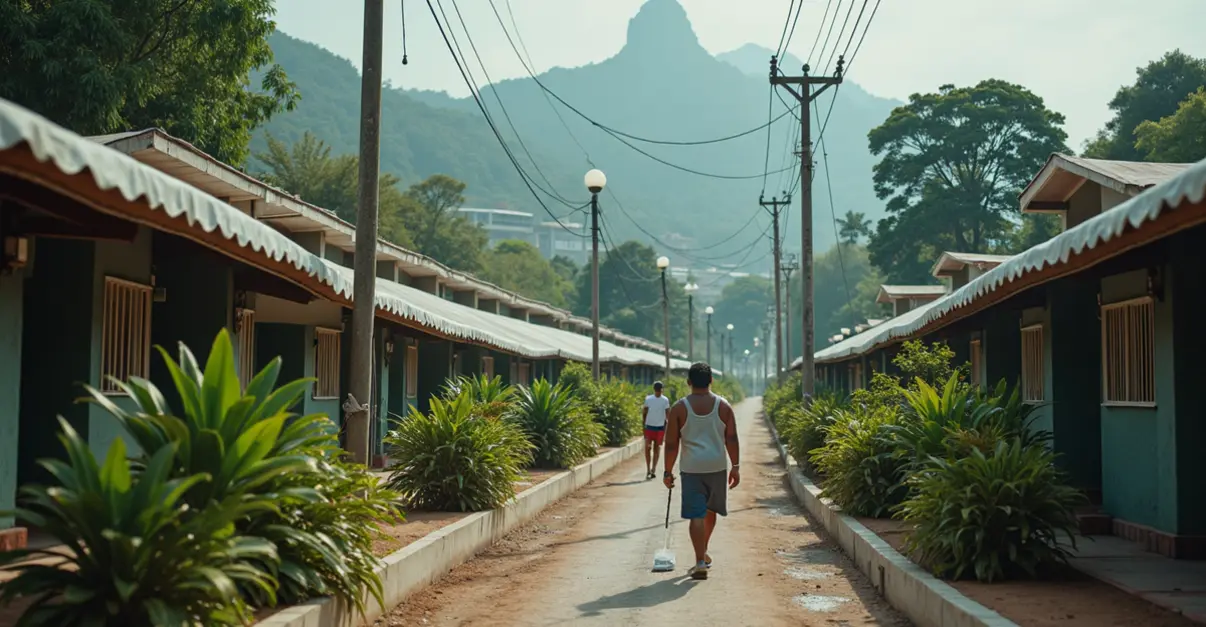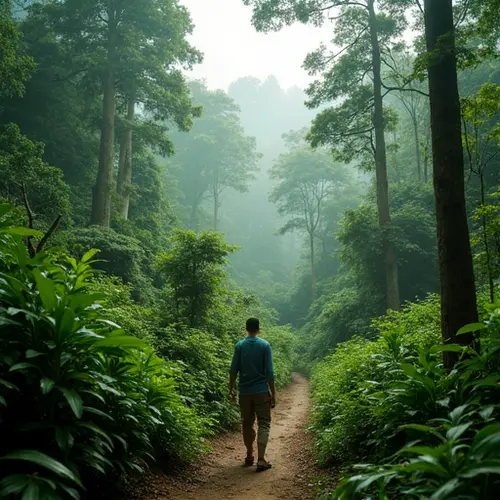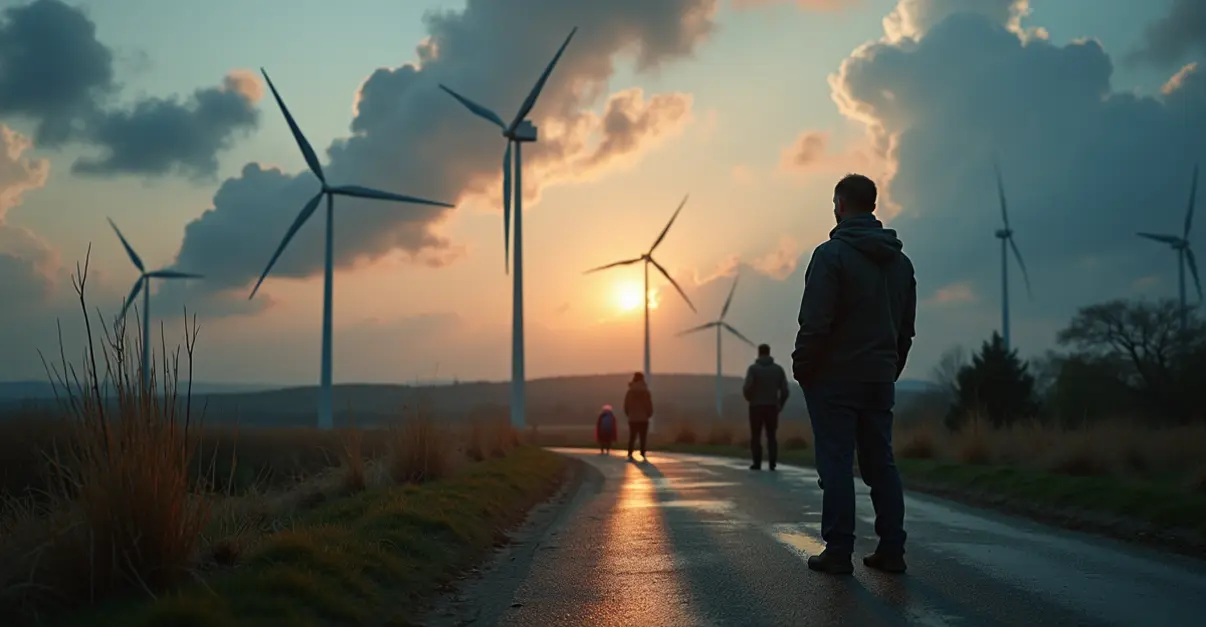COP30 climate conference in Brazil faces accommodation crisis with rooms priced up to $15,266/night and infrastructure controversies, prompting international pressure and delegation cancellations.

Brazil's Climate Conference Plagued by Logistical Challenges
The upcoming COP30 United Nations Climate Change Conference in Belém, Brazil, scheduled for November 10-21, 2025, is facing significant organizational hurdles that threaten to overshadow its climate agenda. The event, which marks the 30th Conference of the Parties, has been marred by an accommodation crisis and controversial infrastructure projects.
Accommodation Price Gouging Sparks International Outcry
Months before the event, reports emerged of extreme price gouging for lodging in Belém. Some Airbnb listings reached astronomical prices of $9,320 per day—up from normal rates of around $11. A one-person flat on Booking.com was offered for $15,266 per night, prompting the Brazilian government to describe the prices as "extremely high and incomprehensible."
"The situation has become untenable for many delegations, with only 18 of 147 responding nations having secured accommodation according to a UN survey," stated a climate diplomat who wished to remain anonymous.
Government Response and International Pressure
In response to the crisis, the Brazilian federal government announced measures to curb abusive pricing and pledged to make 26,000 additional lodging beds available through cruise ships, schools, new hotels, and military facilities. However, a price-regulating agreement with the hotel industry remained unsigned by July 2025, facing resistance from the sector.
The accommodation crisis prompted 27 countries to sign a letter demanding solutions, with some nations pressuring Brazil to move the event to another city. Austria's delegation has already canceled its participation due to the prohibitive costs.
Highway Construction Controversy
Another point of contention is the construction of Avenida Liberdade, a new four-lane highway that conservationists claim is cutting through the Amazon rainforest. A BBC report in March 2025 described the project as being underway to ease traffic in preparation for COP30.
Official organizers and the state of Pará have disputed the highway's connection to the conference, calling the BBC's headline "misleading" and stating the project was planned as early as 2020—before Belém was chosen as host city. However, critics note the timing coincides suspiciously with conference preparations.
The COP30 summit represents a critical moment for global climate action, following the record-breaking temperatures of 2024 which reached 1.6°C above pre-industrial levels, surpassing the Paris Agreement's 1.5°C target for the first time.

 Nederlands
Nederlands English
English Français
Français Deutsch
Deutsch Español
Español Português
Português






